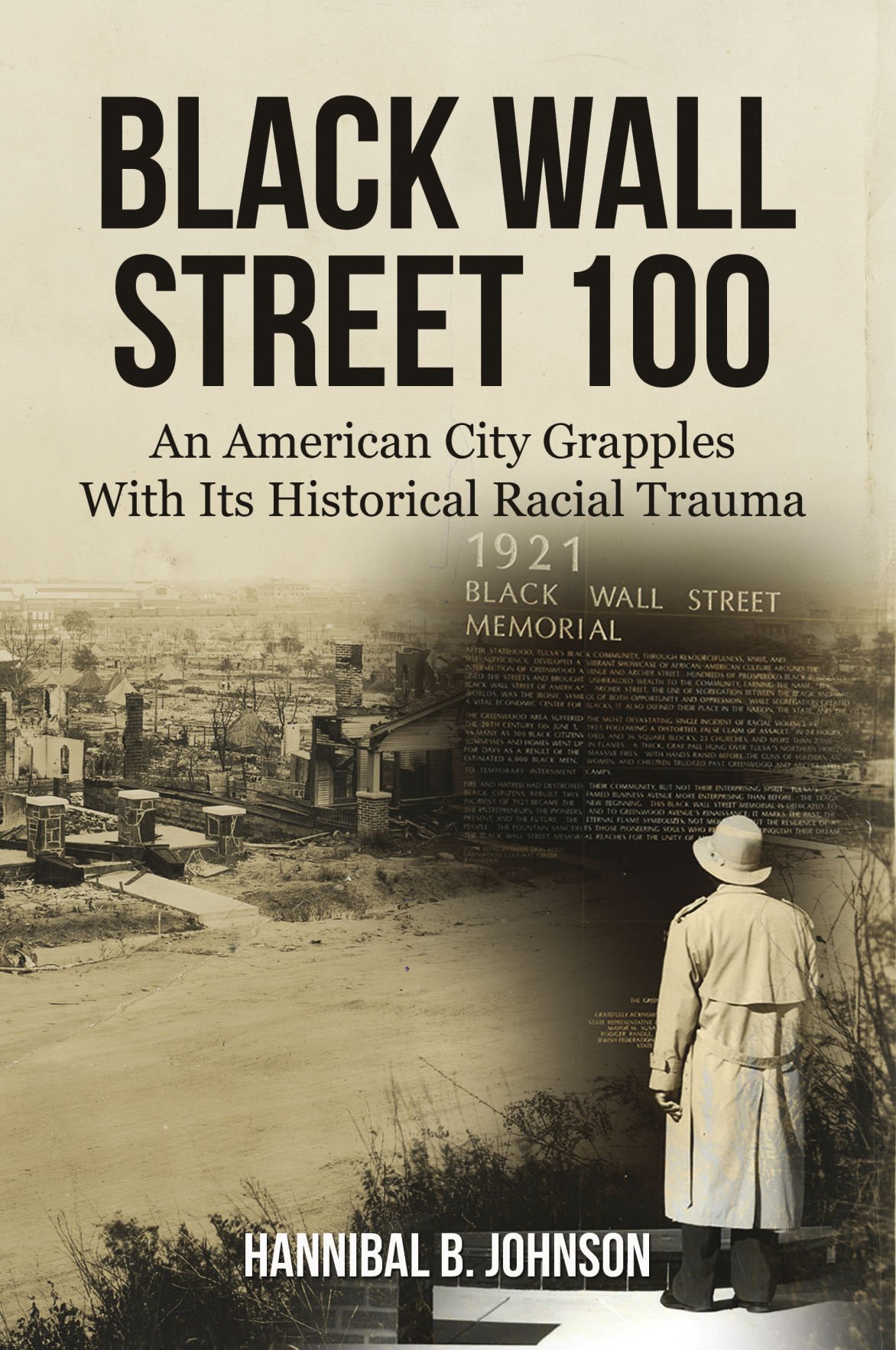A Conversation with the Author of “Black Wall Street 100: An American City Grapples With Its Historical Racial Trauma”
Phillips Theological Seminary President Nancy Claire Pittman welcomes author, attorney and consultant Hannibal Johnson for a discussion of his most recent book, Black Wall Street 100: An American City Grapples with its Historical Racial Trauma. The conversation takes place Feb. 22 at 6:30 p.m. online.
This special presentation is part of the seminary’s Black History and African American Heritage Month commemoration in collaboration with the Black Church Traditions and African American Faith-Life program at Phillips.
 Johnson’s book is endorsed by the 1921 Tulsa Race Massacre Centennial Commission and the 400 Years of African American History Commission, furthering the educational mission of both bodies. The book offers updates on developments in Tulsa generally and in Tulsa’s Greenwood District specifically since the publication of his first book, Black Wall Street: From Riot to Renaissance in Tulsa’s Historic Greenwood District.
Johnson’s book is endorsed by the 1921 Tulsa Race Massacre Centennial Commission and the 400 Years of African American History Commission, furthering the educational mission of both bodies. The book offers updates on developments in Tulsa generally and in Tulsa’s Greenwood District specifically since the publication of his first book, Black Wall Street: From Riot to Renaissance in Tulsa’s Historic Greenwood District.
President Pittman and Johnson will participate in a Zoom webinar and take questions from attendees. Registration is required to join the webinar. CLICK TO REGISTER
“Black Wall Street 100 is a window into what distinguishes the Tulsa of today from the Tulsa of a century ago,” Johnson said. “Before peering through that porthole, we must first reflect on Tulsa’s Historic Greenwood District in all its splendor and squalor, from the prodigious entrepreneurial spirit that pervaded it to the carnage that characterized the 1921 massacre to the post-massacre rebound and rebuilding that raised the District to new heights to the mid-twentieth-century decline that proved to be a second near-fatal blow to the current recalibration and rebranding of a resurgent, but differently configured, community.”
 The book offers Tulsa’s trajectory as possibly instructive for other communities similarly seeking to address their own histories of racial trauma. While also realizing Tulsa may also benefit from learning more about the paths taken by other communities.
The book offers Tulsa’s trajectory as possibly instructive for other communities similarly seeking to address their own histories of racial trauma. While also realizing Tulsa may also benefit from learning more about the paths taken by other communities.
“Through sharing and synergy, we stand a better chance of doing the work necessary to spur healing and move farther toward the reconciliation of which we so often speak” Johnson said.

